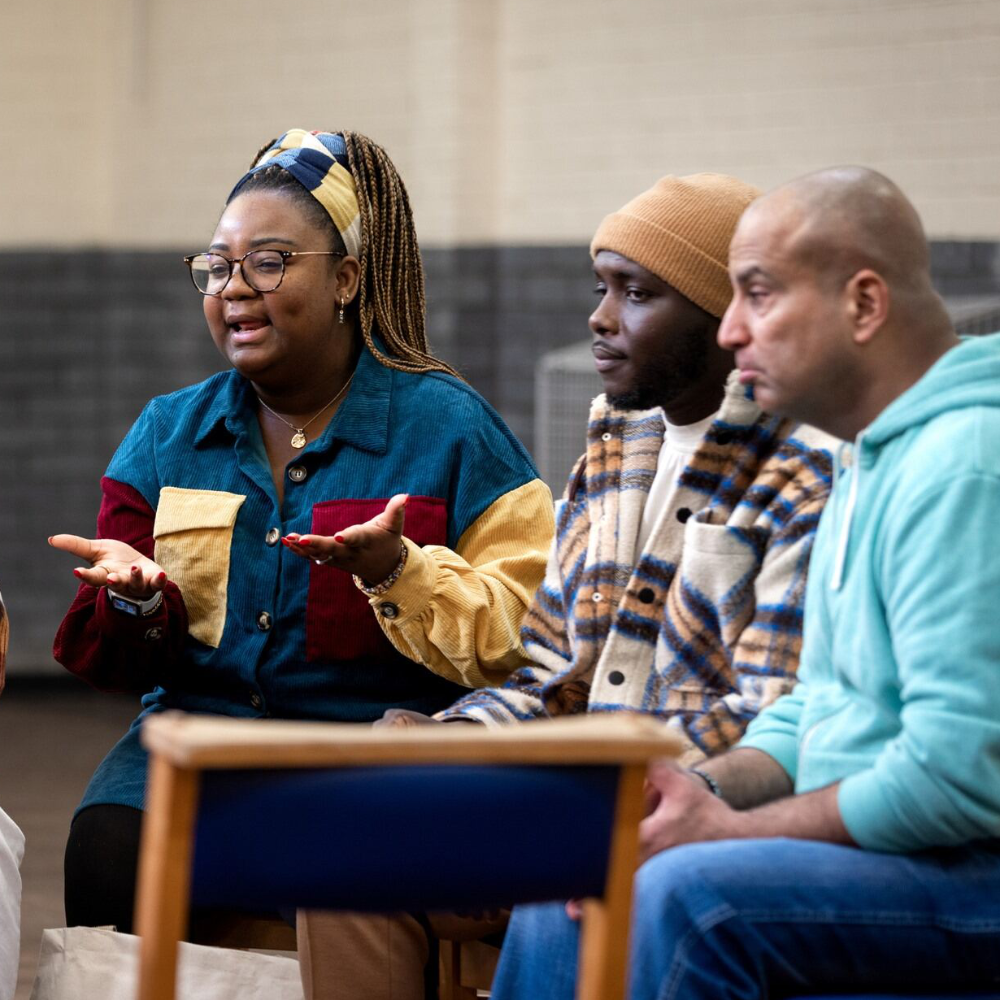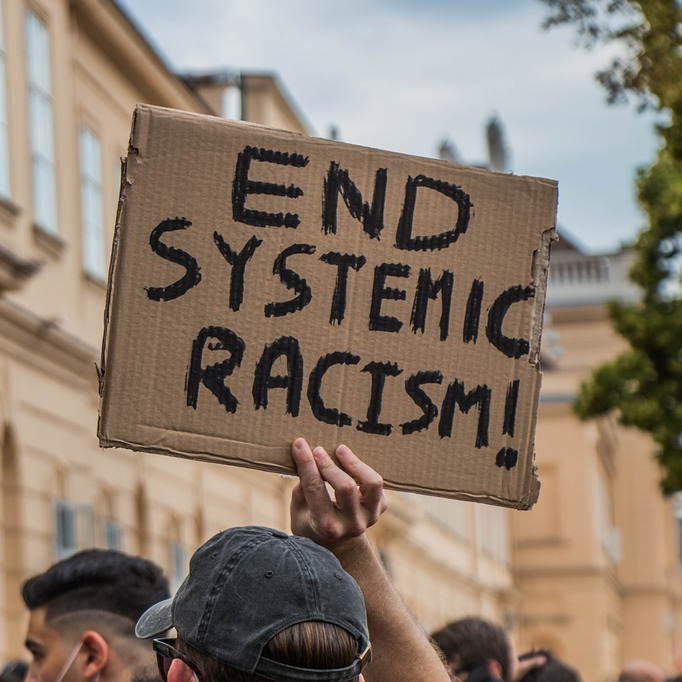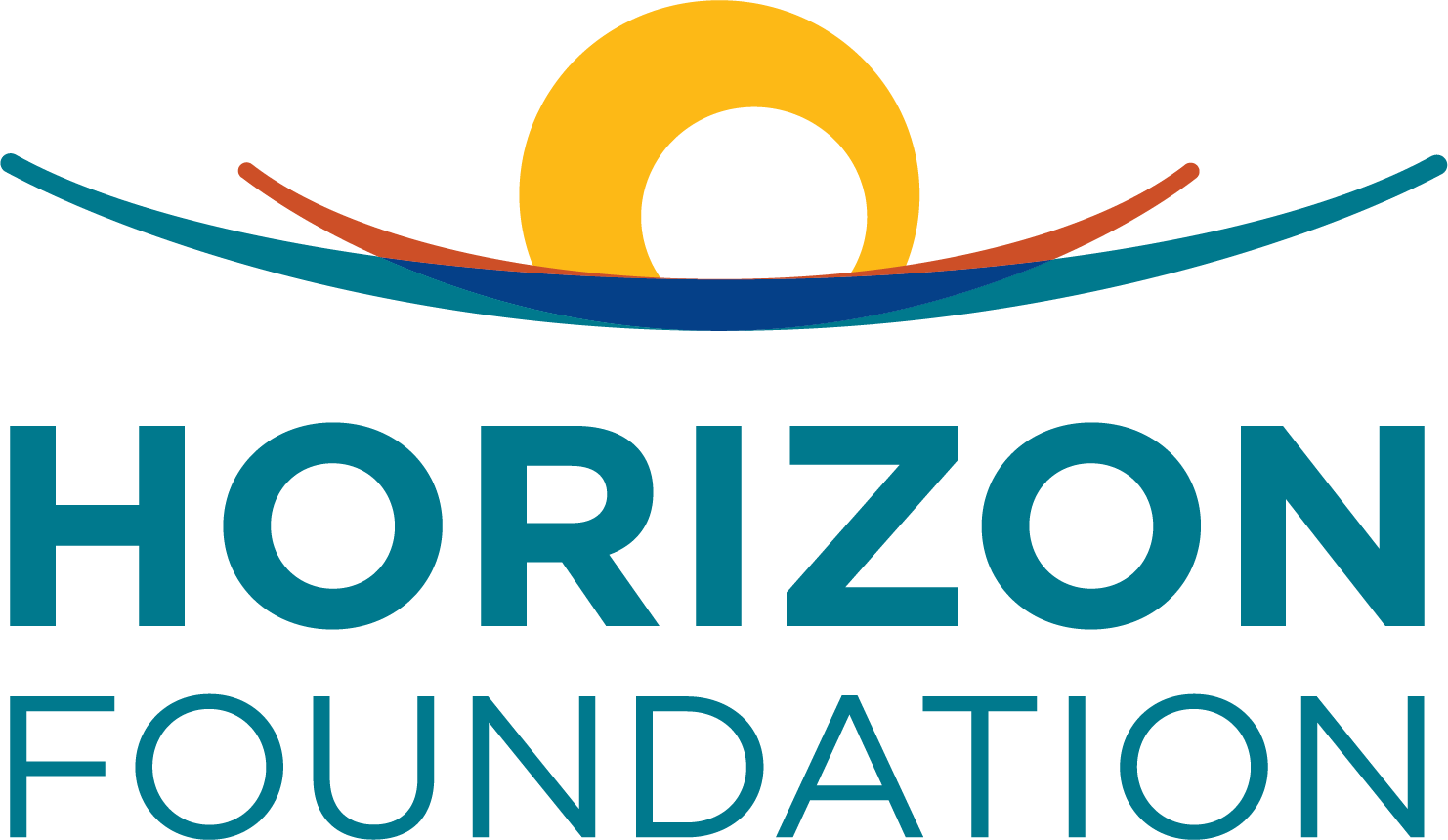Our Approach
The Horizon Foundation believes that everyone in Howard County deserves to live abundant and healthy lives. But to achieve that, we first need to dismantle the hurdles standing in the way of some residents – particularly residents of color. This is why our commitment to health equity starts by recognizing and addressing racial inequity.
Right now, there are laws and practices that hold many of our friends and neighbors back and lead to poorer health outcomes and fewer opportunities for housing stability and social mobility. But we believe health is a fundamental right and that everyone deserves a fair opportunity to attain it at the highest level. As Howard County’s health foundation and the largest independent health foundation in Maryland, it is our responsibility to champion this work and co-create solutions with the community.
We invite you to join us as we work side-by-side with our community to build power and advocate for policy changes that matter. Together we can help achieve better health for everyone in Howard County and greater Maryland.
What does race have to do with health?

Higher rates of illness
People of color face higher rates of illness and death across a range of health conditions

More barriers to health insurance
Black, Hispanic and Asian populations are less likely to have access to health insurance

Lower access and quality of health care
Race-based barriers to access all have evidence-based ties to negative health outcomes
Race, like many other factors, can have a significant impact on physical and mental health. According to the Centers for Disease Control (CDC), racial and ethnic minority groups throughout the United States, experience higher rates of illness and death across a wide range of health conditions, including diabetes, hypertension, obesity, asthma and heart disease, when compared to their White counterparts. This holds true even in Howard County.
Black, Hispanic and Asian populations are less likely to have health insurance, more likely to face cost-related barriers to getting care and more likely to incur medical debt and contend with bias, prejudice and discrimination when dealing with providers that lead to delays in diagnosis and treatment and lower-value or suboptimal care. Often, especially for Black women, this leads to maternal and infant mortality and a failure to receive respectful maternity care. And mental health needs based on years of chronic stress and trauma are often criminalized and/or inappropriately recognized and treated.
Many of these outcomes happen regardless of education or income. They happen because of bias and systemic racism. Whether unconscious or intentional.
Disparities around access to care, quality of care and other barriers to basic needs (e.g., housing, income, food, wealth generation) all have evidence-based ties to negative physical and mental health problems. They can lead to long-term and even fatal consequences. As a health philanthropy, addressing racism that has existed in systems for centuries, and building programs and policies that advance equity, are core to our mission and vision.
For more information and data on health disparities in our community, please visit the Howard County Health Department.
Glossary of Key Terms
Racial equity
Racial equity is a process of eliminating racial disparities and improving outcomes for everyone. It is the intentional and continual practice of changing policies, practices, systems, and structures by prioritizing measurable change in the lives of people of color.
Racial justice
Racial justice is a vision and transformation of society to eliminate racial hierarchies and advance collective liberation, where Black, Indigenous, Latinx, Asian Americans, Native Hawaiians, and Pacific Islanders, in particular, have the dignity, resources, power, and self-determination to fully thrive.
Anti-racism
Anti-racism is the practice of actively identifying and opposing racism. The goal of anti-racism is to actively challenge and change policies, behaviors, and beliefs that perpetuate racist ideas and actions.
Trust-centered philanthropy
Trust-centered philanthropy is a holistic approach to grantmaking that is rooted in shared values and true partnership with grantees, where grantees not only provide input but co-create programs and policy solutions that achieve our joint vision of social change.
Social determinants of health
Social determinants of health are the conditions of where people live, work, learn, play, pray and age that impact their health and wellbeing. Examples of the social determinants of health include, but are not limited to: housing, transportation, education, income, environmental factors, air & water quality, etc.

